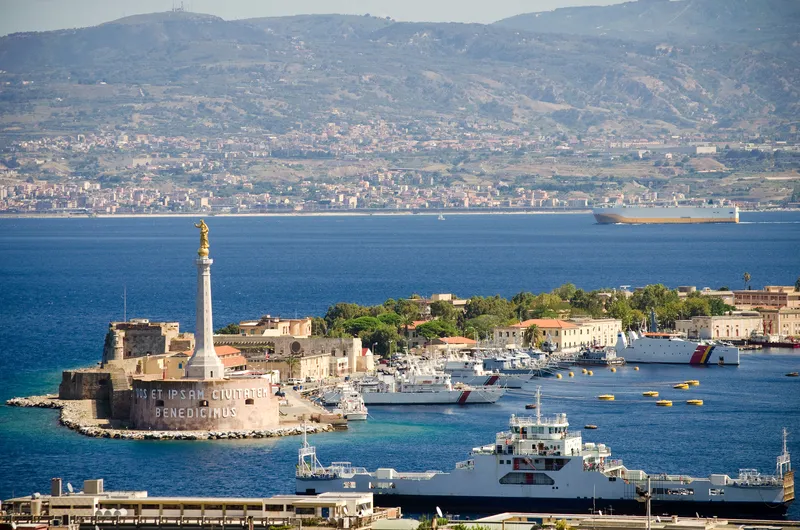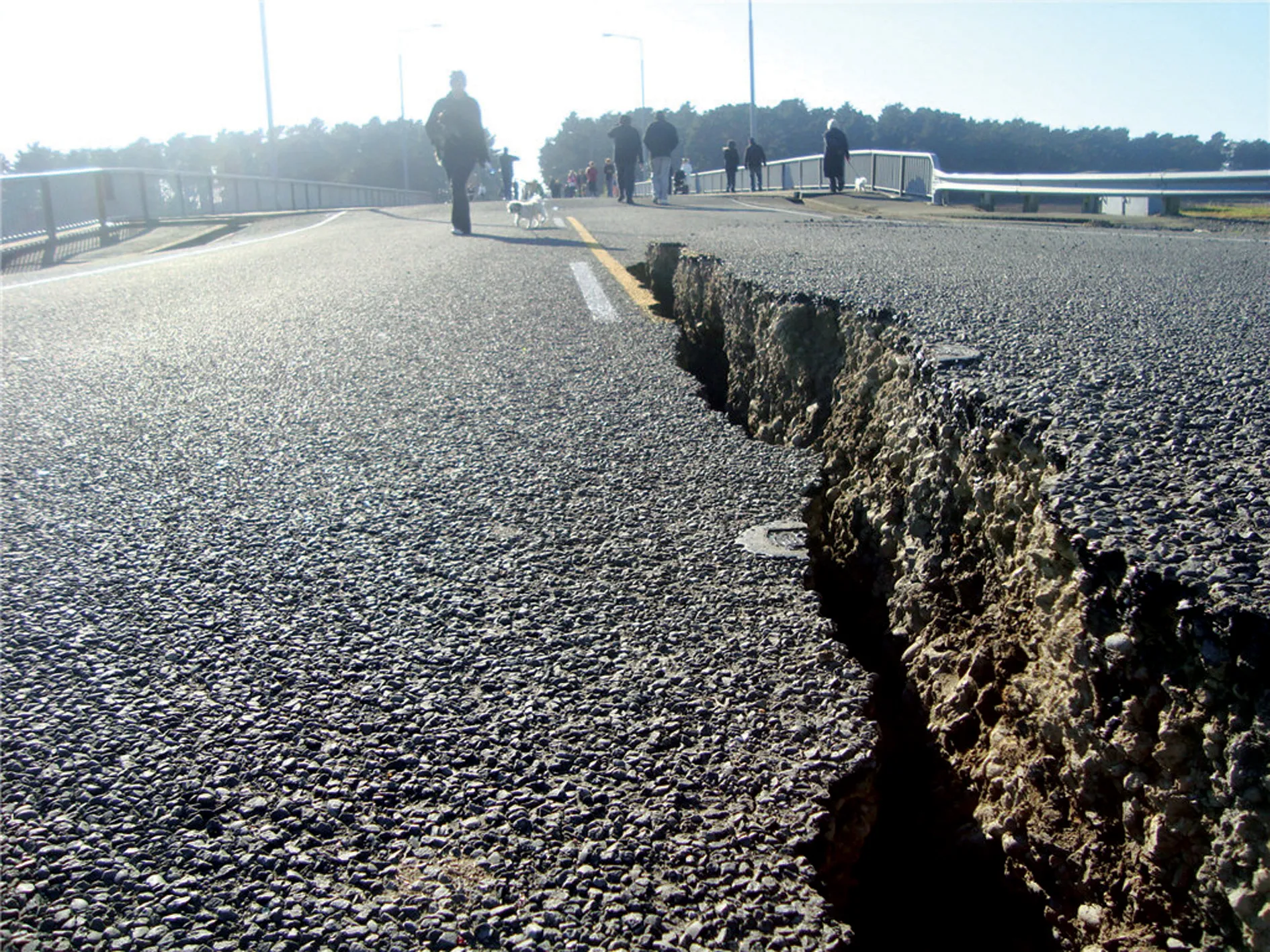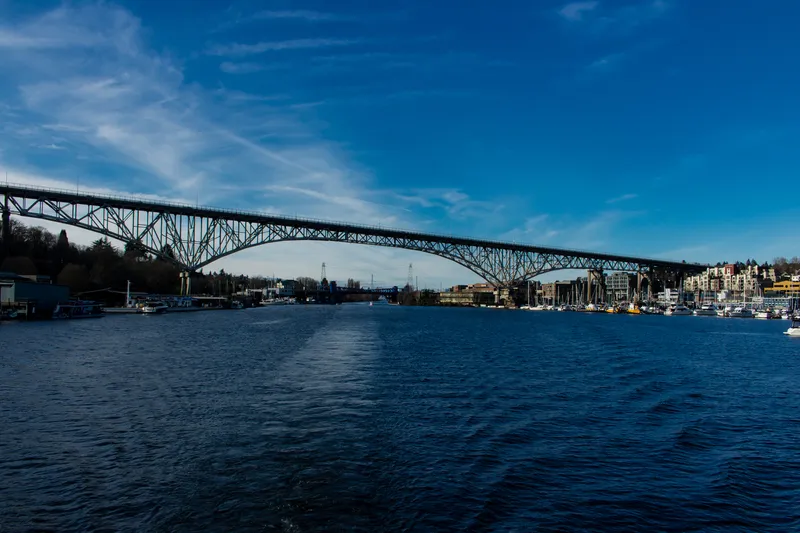
The Italian Government is once more proposing to build the €13.5 billion suspension bridge that would span the Messina Strait. This would link the island of Sicily with Calabria on the mainland, replacing the current ferry service and providing a major boost to transport and economic activity for two of Italy’s poorest areas.
The proposed 3.6km bridge would feature three traffic lanes for motor vehicles in either direction, as well as two railway lines and facilities for pedestrians and cyclists. Should the project get the go ahead, it would be revolutionary for bridge engineering.
The design of the bridge would have to contend with the severe earthquakes that affect the region as well as strong tidal effects and potentially tough weather conditions. Such a project would also have to meet strict environmental requirements as it lies in a protected area due to its marine life.
The challenges are enormous and have defeated planners for millennia. Plans to span the Messina Strait go back a long way, around 2,000 years in fact.
In Roman times a pontoon structure resting on top of barrels was suggested. It would not have lasted very long given the fierce tides and often ferocious weather conditions. In the ninth century Emperor Charlemagne also proposed a stone bridge to cross the Messina Strait, although this would have been far beyond the technology of the period from 800-814 when he ruled.
Since the 19th century, proposals to span the Messina Strait have been put forward and set aside with increasing frequency. In the last five decades, there have been several proposals for the bridge although these have all stalled. Since the 1990s, the topic of a bridge spanning the Messina Strait has been put forward a number of times.
These days, modern technology would likely be able overcome the numerous technical challenges and deliver a suspension bridge that could do the job. But the key issue would be the massive cost of such a structure.
It would need to have the widest central span of any suspension bridge ever built. And it would require the highest support towers of any suspension bridge ever built. Those in the Italian construction industry often roll their eyes and sigh when the talk turns to proposals for the Messina Strait bridge. Many Italians doubt whether the bridge will ever be built and the topic of its construction (both in the industry and amongst Italians in general) is the subject of much pessimism and sarcasm.
Costing an estimated €13.5 billion (and possibly a good deal more), it has to be asked if there could be a better use of the funding that would provide a greater benefit to the residents of Sicily and Calabria.








